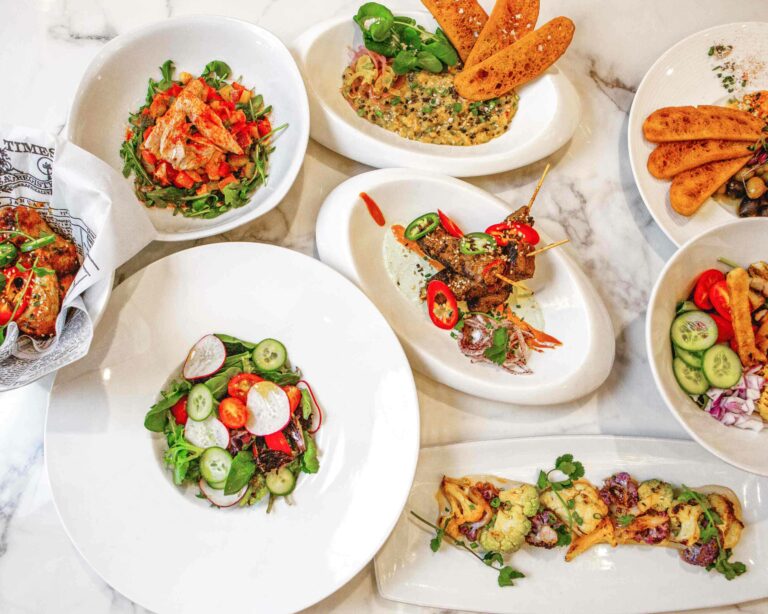Introduction: Monégasque Cuisine
Monégasque cuisine is a blend of French and Italian influences, with an emphasis on fresh seafood, vegetables, and olive oil. The small country of Monaco, located on the French Riviera, has a rich culinary history that dates back centuries. Although the cuisine has evolved over time, many traditional cooking utensils and equipment are still used today.
Traditional Cooking Utensils
Monégasque cuisine is known for its simplicity and the use of high-quality ingredients. Many traditional dishes require specific cooking utensils and equipment to achieve the desired taste and texture. Some of the most commonly used utensils include the “pigna,” the “fougasse,” and the “socca” pan.
The “Pigna”: A Signature Tool
The “pigna” is a unique tool used in Monégasque cuisine for roasting meat and vegetables. This traditional utensil is made of terracotta and is shaped like a cone with a wide, flat base. The base is filled with coals, and the food is placed on top of the cone. As the food cooks, the juices drip down into the base, creating a rich, flavorful sauce.
The “Fougasse”: A Unique Bread-Making Utensil
The “fougasse” is a traditional bread-making utensil used in Monégasque cuisine. This unique tool is made of wood and has a long, flat shape with several ridges. The dough is placed on the fougasse, and the ridges are used to shape the bread and create indentations. Once the bread is shaped, it is baked in a wood-fired oven for a crispy, flavorful crust.
The “Socca” Pan: A Must-Have for Street Food
The “socca” pan is a must-have for street food vendors in Monaco. This traditional pan is made of copper and is used to cook “socca,” a thin, crispy pancake made from chickpea flour. The pan is heated on an open flame, and the batter is poured onto the hot surface. As the socca cooks, it develops a crispy exterior and a soft, chewy interior.
Conclusion: Preserving Monégasque Culinary Heritage
In conclusion, traditional cooking utensils and equipment play an important role in Monégasque cuisine. These tools have been passed down through generations, and they are still used today to create authentic, flavorful dishes. By preserving these culinary traditions, we can ensure that the unique flavors and techniques of Monégasque cuisine continue to be enjoyed by future generations.

